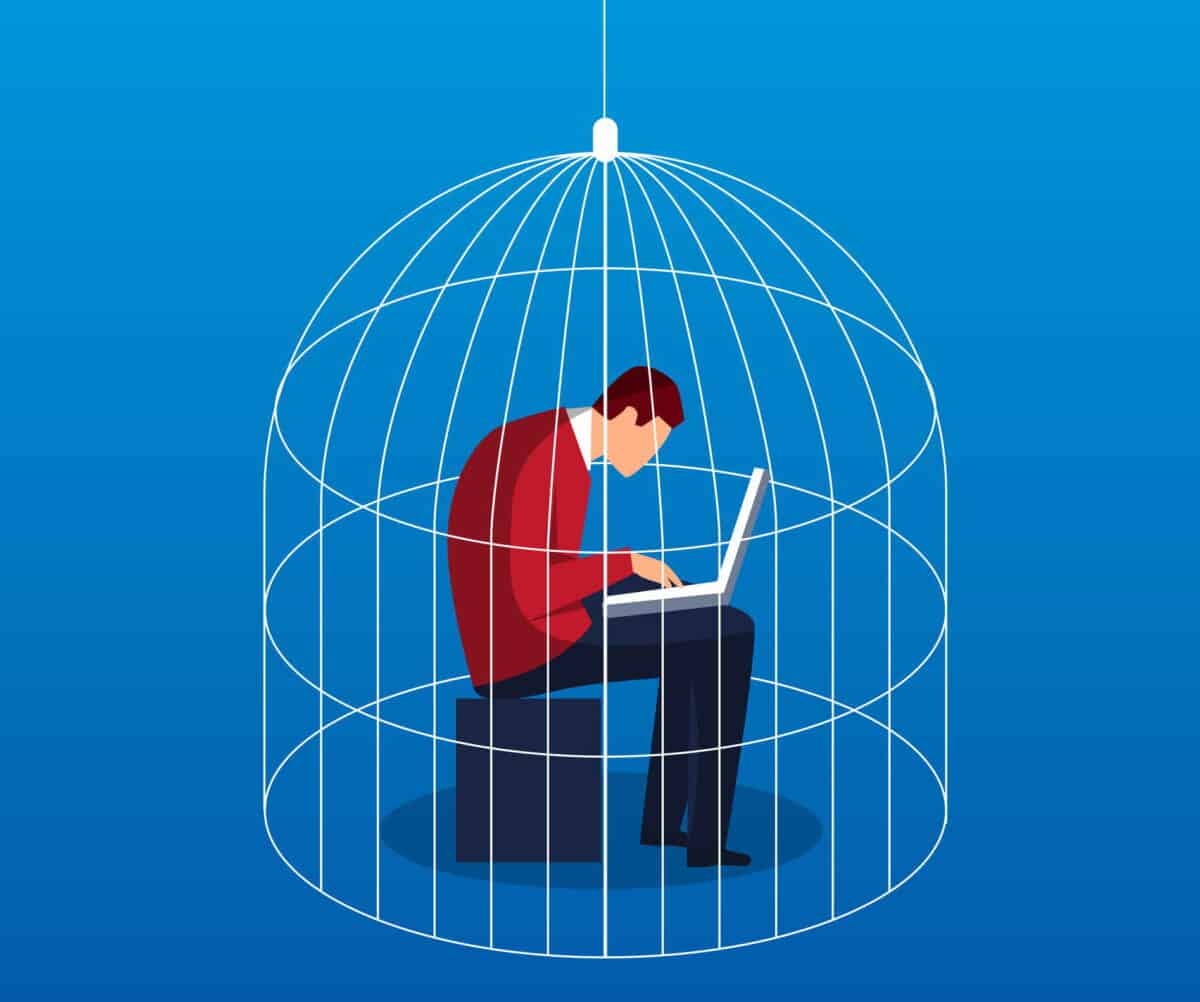Australians are starting to understand that having something described as “gold standard” – most recently in relation to the contact tracing services of New South Wales – is as helpful as describing occupational health and safety (OHS) laws and systems as “best practice”. These phrases are optimistic bullshit and politically fraught. The fragility of these phrases has been revealed in events as far apart as the COVID-19 pandemic of 2020-21 and the Esso Longford Royal Commission of 1999. Consider this paragraph from the Esso Longford Royal Commission report and its pertinence to NSW’s contract tracing:
Category: Morrison
Non-military safety lessons from the latest Royal Commission (open access)
The Australian Broadcasting Corporation broadcast an episode of The Signal on April 21, 2021, which discussed the complexity of the culture of Australia’s military, and I strongly recommend you listen to it. It does make some points about culture worth contemplating in the context of one’s own workplace and profession.
The most useful point was that an established institution cannot have a uniform culture that meets the expectations of all relevant stakeholders. Generations take their culture with them. So those who started in the military in the 1980s and 1990s (and later) will bring the values and lessons of that time into their maturity and when they move into senior and leadership positions – positions that are intended to both preserve and progress the organisation’s culture. This will result in conflict between the expectations of new recruits and the realities of the established military executives. Not open revolt, but a dissatisfaction that may or may not result in leaving the organisation.
The topic used by The Signal to illustrate the extremes of the defence force members and stakeholders was mental health.
Continue reading “Non-military safety lessons from the latest Royal Commission (open access)”The economy is King
There has been discussion over many years about the business case for occupational health and safety (OHS). Several academics have attempted to quantify the financial benefits of good OHS management and systems. Business does not operate in a political or economic vacuum but it is possible to think it does when the OHS profession is so quiet on socioeconomic elements.
Australia and many other countries operate in a neoliberal economic and political system that provides OHS benefits and harms. The OHS context is touched on occasionally in public forums but the size of the challenge for structural and organisational change in Australia is perhaps best illustrated by an excerpt of Prime Minister Scott Morrison‘s presentation to the West Australian Chamber of Commerce and Industry on April 14, 2021. When asked about his priorities as Prime Minister he said:
Should we feel safe or be safe?
A major impediment to establishing safe and healthy workplaces is that there is a widespread expectation for everyone to feel safe at work. Yet, the legislative occupational health and safety (OHS) obligation on employers and workers is for them to be safe. It is a significant difference, for the former addresses perception, and the latter requires action.
Recently the Australian Government responded to a major inquiry into sexual harassment at work. Attorney-General Michaelia Cash, launching the official response with Prime Minister Scott Morrison, said:
“In terms of sexual harassment in the workplace, I think we’d all agree – in fact, it needs to be just a basic fundamental – everybody has the right to feel safe in the workplace.”
The PM expects Australian workplaces to be “as safe as possible”
Prime Minister Scott Morrison has set the occupational health and safety (OHS) bar unachievably high for Australian businesses.
Morrison is embroiled in a scandal about an alleged rape in a ministerial office, his knowledge of and response to it, and his government’s duty of care to political employees. Below is his response to this question from a journalist:
JOURNALIST: “What is your message to young women who might want to get into politics and see this and are just horrified by it. What’s your reassurance to them about getting involved in the Liberal party or other parties? “
Parliamentary culture must change
Australia is in the midst of a murky investigation into an alleged rape that occurred out-of-hours in an office of a Federal Minister in Australia’s Parliament House. The incident has raised discussions and debates about workplace culture, the reporting of crimes, the uniqueness (?) of the parliamentary workplace, the rights of women, the role of the media in reporting the allegations or in being complicit in the workplace culture…….
Prime Minister Scott Morrison has got himself into a pickle about how to respond, how to investigate and what he should have known and what he was expected to do. One of the actions that he and his government could do, and should have done, was to accept, and act on, the findings of the National Inquiry into Sexual Harassment in Australian Workplaces conducted by the Australian Human Rights Commission (AHRC) early last year. The relevance of this report is obvious:
From a spark to a flame

The recent employment data for Australia shows record levels of unemployment due, largely, to COVID19. People are out of work and are seeking jobs in areas and occupations with which they are unfamiliar, and we know that new workers are at a high risk of injury. But “safe jobs” has rarely been a government priority.
Prime Minister Scott Morrison and Treasurer Josh Frydenberg held a long press conference after the release of the employment statistics on June 18 2020. Nine times the pair stressed the government’s priority was to get Australians “back into work”. Safe and healthy jobs were never mentioned. One could argue that occupational health and safety (OHS) was not part of the economic discussion on that day (it never is) but there is an equal argument to say that the inclusion of either adjective “safe” and “healthy” could create a cultural change in Australian workplaces, a cost-reduction strategy for Australian businesses and an increased quality of life and improved social cohesion for all Australians.






